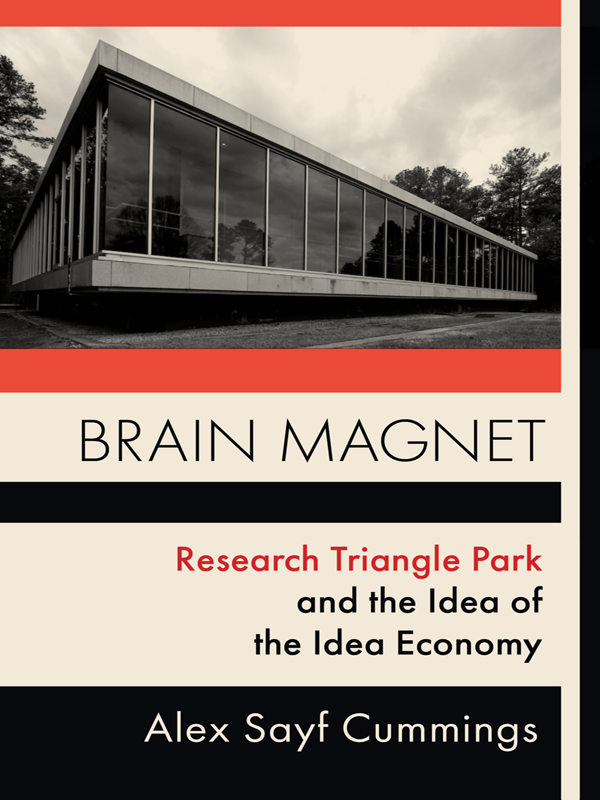

Most ebook files are in PDF format, so you can easily read them using various software such as Foxit Reader or directly on the Google Chrome browser.
Some ebook files are released by publishers in other formats such as .awz, .mobi, .epub, .fb2, etc. You may need to install specific software to read these formats on mobile/PC, such as Calibre.
Please read the tutorial at this link: https://ebookbell.com/faq
We offer FREE conversion to the popular formats you request; however, this may take some time. Therefore, right after payment, please email us, and we will try to provide the service as quickly as possible.
For some exceptional file formats or broken links (if any), please refrain from opening any disputes. Instead, email us first, and we will try to assist within a maximum of 6 hours.
EbookBell Team

5.0
88 reviewsBeginning in the 1950s, a group of academics, businesspeople, and politicians set out on an ambitious project to remake North Carolina's low-wage economy. They pitched the universities of Raleigh, Durham, and Chapel Hill as the kernel of a tech hub, Research Triangle Park, which would lure a new class of highly educated workers. In the process, they created a blueprint for what would become known as the knowledge economy: a future built on intellectual labor and the production of intellectual property.
In Brain Magnet, Alex Sayf Cummings reveals the significance of Research Triangle Park to the emergence of the high-tech economy in a postindustrial United States. She analyzes the use of ideas of culture and creativity to fuel economic development, how workers experienced life in the Triangle, and the role of the federal government in bringing the modern technology industry into being. As Raleigh, Durham, and Chapel Hill were transformed by high-tech development,...
Beginning in the 1950s, a group of academics, businesspeople, and politicians set out on an ambitious project to remake North Carolina’s low-wage economy. They pitched the universities of Raleigh, Durham, and Chapel Hill as the kernel of a tech hub, Research Triangle Park, which would lure a new class of highly educated workers. In the process, they created a blueprint for what would become known as the knowledge economy: a future built on intellectual labor and the production of intellectual property. In Brain Magnet, Alex Sayf Cummings reveals the significance of Research Triangle Park to the emergence of the high-tech economy in a postindustrial United States. She analyzes the use of ideas of culture and creativity to fuel economic development, how workers experienced life in the Triangle, and the role of the federal government in bringing the modern technology industry into being. As Raleigh, Durham, and Chapel Hill were transformed by high-tech development, the old South gave way to a distinctly new one, which welded the intellectual power of universities to a vision of the suburban good life. Cummings pinpoints how the story of the Research Triangle sheds new light on the origins of today’s urban landscape, in which innovation, as exemplified by the tech industry, is lauded as the engine of economic growth against a backdrop of gentrification and inequality. Placing the knowledge economy in a broader cultural and intellectual context, Brain Magnet offers vital insight into how tech-driven development occurs and the people and places left in its wake.
Alex Sayf Cummings is associate professor of history at Georgia State University. She is the author of Democracy of Sound: Music Piracy and the Remaking of American Copyright in the Twentieth Century (2013).